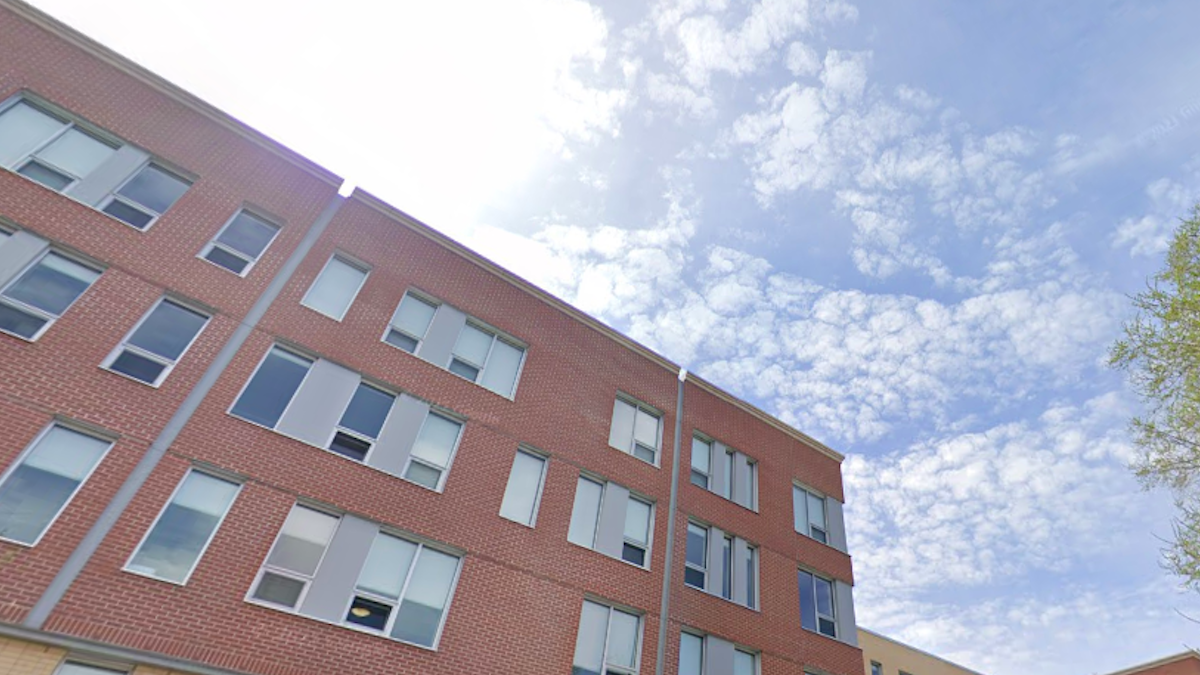The University of Ottawa is requiring students who will be living in residence this fall to be vaccinated.
The university announcement follows similar decisions by the University of Toronto and Western University. Seneca College is requiring all people who will be on campus to have received two doses of an approved COVID-19 vaccine.
So far, the uOttawa is the only school in the city to have a vaccine requirement. Carleton and Algonquin College are strongly encouraging vaccination but have no mandate in place.
In June, all three schools told Capital Current that they would not require vaccines although they all said they had sought legal opinions on compulsory vaccination for in-person classes.
For Karsyn Keetch, who will attend uOttawa in the fall, the university’s decision on mandatory vaccination for those in residence makes her feel safer about going to school. She says she is “so excited to start” but has experience some nervousness because of the pandemic.
“I think that uOttawa made the right decision as far as requiring vaccines as I think it’s the safest way to try and protect the students and have the most normal first year so students will be able to get the most out of their experience in residence,” Keetch said.
According to uOttawa’s website, students in residence must provide proof of a first dose of a Health-Canada approved vaccine before their move-in date. They must also receive a second jab within the recommended time from Ottawa Public Health.
If an international student, for example, has already received both shots a vaccine not approved by Health Canada, they do not need to receive another vaccine. If they haven’t had both doses, however, they must get one dose of an approved vaccine.
Abbi Yarmel will also be attending uOttawa this fall. So far, she has her first dose of a vaccine and will be getting her second in a few days. She says she was going to be vaccinated regardless but thinks that this is the school’s way of getting back to some form of normality.
“I think it’s a step in the right direction for sure, but I also feel as if some students will be reluctant to receive the vaccine for personal reasons or because of influence from friends or family members,” Yarmel said.
“I have received both vaccines so there aren’t really any negatives for me,” said Keetch. “However, for those who don’t wish to get vaccinated for whatever reason, I can see how those people might feel differently as their stay in residence is dependent on getting the vaccine.”
At uOttawa, if students are unable to get the vaccine for health reasons or other grounds protected under the Ontario Human Rights Code, they can request an accommodation.
“If uOttawa chose not to require the vaccine, I can see there being more restrictions as they would not be able to regulate who has the vaccine and who doesn’t,” Keetch said. “Along with that, I would imagine that some students may feel uncomfortable living in such a small space with other people who aren’t vaccinated and do not intend to get it.”
“I would be alright living or being around someone without the vaccine, but hopefully they would have logical reasoning for not going to receive it,” Yarmel said.
According to uOttawa’s residence agreement, unless you have received an exemption, “if you don’t get vaccinated or submit acceptable proof of vaccination by the required deadline, your residence agreement will be terminated.”
As for Carleton University, vaccination is not mandatory at this time which follows the Ottawa Public Health guidelines. Their website also states that “Ontario’s Chief Medical Officer of Health has stated that mandatory vaccination in Ontario is not necessary at this point.”
Steven Reid, Carleton University’s Media Relations Officer, said in an email that “any decision on mandatory vaccination will be made in compliance with recommendations and guidelines from the province and Ottawa Public Health.”
Adam Gdaniec will start at Carleton in the fall. He’s on a waitlist for residence and is really hoping that he can get in. He also waited a year after graduating from high school, a decision influenced by COVID, in part because he would love to have the experience of residence.
“I wouldn’t be too concerned if Carleton didn’t adopt the vaccine policy because I would assume that the majority of students would be vaccinated,” he says.
According to Carleton’s website, students can ask to be paired with a vaccinated roommate but not all requests can be fulfilled.
Gdaniec has been double vaccinated and said he’s not too concerned about COVID in general.
“The main positive of a vaccine policy would be that it further encourages people to get vaccinated. It would also create a safer environment and likely a more relaxed policy,” Gdaniec said. “A negative would be that some people would be excluded due to unwillingness to get vaccinated.”




